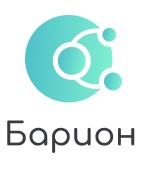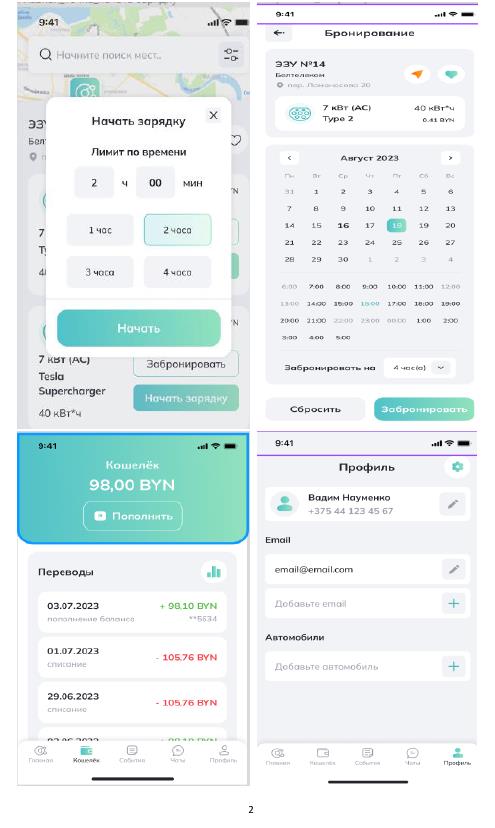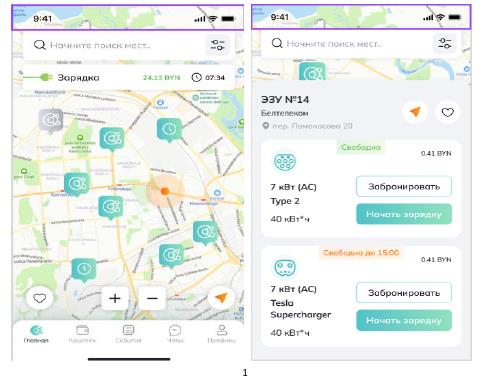EVCS Management Software Complex BARYON
The aim of the project is to create a software complex that brings together EVCS operators (both within the country and in neighboring states) that allows electric vehicle owners to level the convenience of use with the general car fleet, including the use of departmental and commercial electric vehicles.

The foundation of the software complex includes:
• Mobile application (On the Yandex platform);
• Server (Core);
• EVCS Management (Admin Panel);
• Payment (Integration with any billing system).
Connectable modules:
• API Booking Module;
• API Router Module;
• API Roaming Module.
Purpose of the “BARYON” software complex:
For the state – reducing the time and costs of building EVCS infrastructure due to the functional capabilities of the software.
For EVCS operators – reducing infrastructure costs due to more efficient use of existing EVCS. Also, reducing operational costs due to the increased functional capabilities of the “Baryon” software complex management system.
For electric car owners – a mobile application with the ability to search, reserve, and book for any date and time, route building with EVCS reservation along the way, taking into account the characteristics of the electric vehicle. Also, payment with a bank card linked to the app at different EVCS operators’ stations (both domestically and in neighboring countries).
Main advantages of our EVCS management software complex “Baryon” over currently operating competitive software:
• Connection to a Unified network of any type and number of EVCS: from personal households to EVCS located at large enterprises, earning additional income. Existing EVCS networks can be connected.
• OCPP protocols. We have the ability to work with versions 1.5, 1.6, 2.0 of the protocols.
• Flexible tariff system. Complete customization for the EVCS operator’s own needs (departmental operators, marketing programs, etc.).
• Integration with any billing system.
• Departmental and commercial accounts. For one departmental or commercial client with a diverse fleet (ambulances, technical transport, taxis, car sharing), there’s no need to have multiple accounts. Everything can be customized to specific needs and charge multiple electric vehicles simultaneously.
• API Booking Module – full reservation of EVCS for one’s electric vehicle for any date and time (booking horizon: minute, hour, day, week, month, year). The module provides electric vehicle owners with flexibility and convenience in planning trips and is especially valuable during high demand for charging stations.
In the design and development stage, unique to the industry:
• API Router Module – building a route with EVCS booking inside the app based on vehicle data. It allows for choosing the most budget-friendly and time-efficient route and paying for charging using personal currency units, regardless of location.
• API Roaming Module – payment for services of different EVCS operators (both domestically and in neighboring countries) from one application and in one’s own currency. The module provides information about charges, their types, and the occupancy of the connected EVCS operators with their full interaction.





